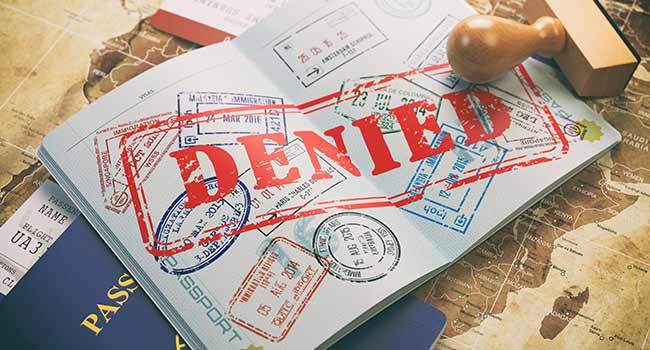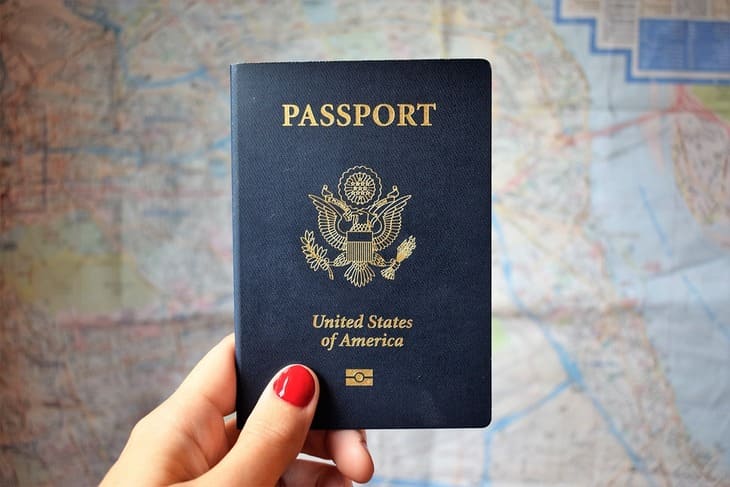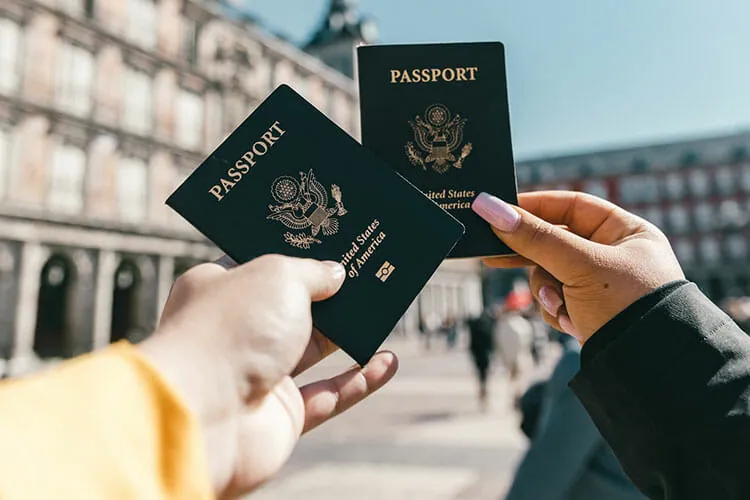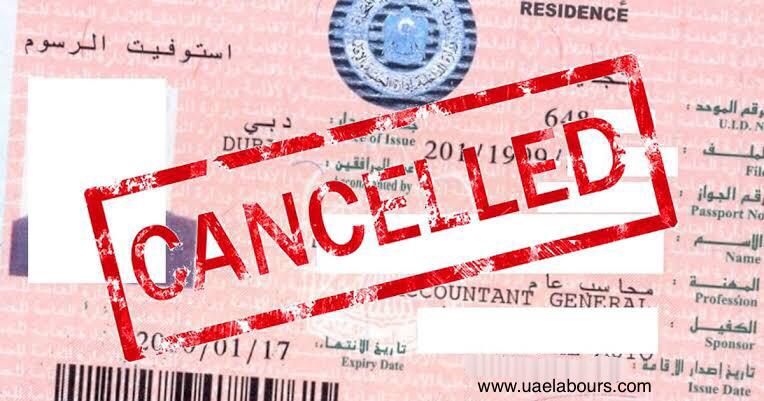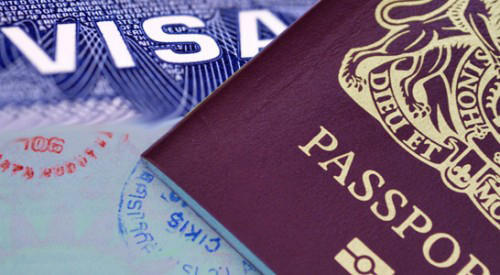Why do visas get denied?
This is one of the most frequently asked questions. Criminal records, incomplete documentation, health grounds, and public charge are some of the most common reasons why visas get denied by the issuing countries.
In this post, we shall discuss some of the points highlighted above and we also share some other vital information as regards why visas get denied.

At the end of this post, you would have gotten some answers to the question: “Why do visas get denied?”
Why do visas get denied? Explore 6 reasons
Section 104(a) of the Immigration and Nationality Act, US immigration law, gives consular employees at US embassies and consulates exclusive authority to accept or reject visa applications. When a visa application is denied, the US embassy or consulate usually notifies the applicant of the specific legal provision that led to the decision.
The consular officer frequently advises applicants to request a waiver of their ineligibility, if necessary in their particular situation. The grounds for denying a visa could be either temporary or permanent.
Those who are temporarily ineligible can reapply for a visa if they become eligible again. While those who have been permanently disqualified cannot reapply unless their disqualification is waived by the Department of Homeland Security.
The following are the most typical explanations for visa application denials:
- Incomplete Application or Supporting Documentation
- Visa Qualifications and Immigrant Intent
- Public Charge
- Fraud and Misrepresentation
- Unlawful Presence in the United States
Unlawful Presence in the United States
If you were denied entry into the US pursuant to INA section 212(a)(9)(B)(i), this indicates that the reason for the visa denial was that you were deemed to have been present in the US illegally.
Your have either:
- remained in the US after your permitted stay had ended and you had not extended it, or you entered the country and stayed there without getting the necessary permission from Customs and Border Protection.
- Without getting the required permission from Customs and Border Protection, you entered and stayed in the US.
You won’t be allowed to apply for a visa for three years after leaving the US if you were there illegally for more than 180 days but less than a year. On the other hand, if you entered the US illegally and stayed for more than a year, you will be unable to apply for a visa for a full 10 years after leaving the country.
Security and related grounds
Any foreign national deemed by a consular official or the Attorney General to pose a risk to national security shall have their admission denied. If the authorities believe that the applicant is trying to enter the US in order to engage in terrorist operations, break the law, or control or subvert the government.
Public charge
If your visa application is denied under INA Section 212(a)(4), it indicates the consular official determined you would very likely become a “Public Charge,” or someone who would need to be supported financially by the US government once you arrived in the US.
Since this is a temporary disqualification, it is occasionally possible to get around it.
Health grounds
Those with the following medical conditions are not qualified to apply for a visa to the US:
- If a candidate is found to have a significant communicable disease for public health,
- An applicant who has a physical or mental disorder and behaviors linked to the disorder that could endanger their own or others’ property, safety, or welfare, and who are likely to repeat these behaviors or lead to other harmful behaviors,
- a candidate who is found to be a drug addict or abuser.
Fraud and Misrepresentation
Your visa application will be denied in accordance with INA section 212(a)(6)(C) if you attempt to obtain a visa by misrepresenting the truth or engaging in fraud (i). Fraud is committed when a person tries to conceal information like the existence of family members living in the US or prior criminal convictions. No matter how many times you apply, you will always be ineligible, making it impossible to get a visa.
The consular officer will suggest that you seek for an ineligibility waiver if it is possible to do so.
Incomplete Application or Supporting Documentation
According to INA section 221(g), a visa refusal occurs when the applicant fails to provide the consul with a complete application that contains all required information or when supporting paperwork is lacking.
Since you still have the chance to correct your error and give the embassy the necessary information or supporting documents, this actually does not mean that your application has been completely rejected. Instead, it simply means that further consideration of your case will be given before a final decision is made.
You will receive a letter explaining the specific grounds for being deemed ineligible as well as what documentation or information is lacking after being advised that your application is incomplete. In order to avoid having your case dismissed and having to start the visa application process over from scratch, you will have one year to submit them. This will also require you to pay a new visa fee.
The embassy or consulate may choose to continue processing your application under this section, in which case they will likely work with another organization to undertake additional security checks or investigations. After the visa interview, the majority of the administrative processes is finished in 60 days.

